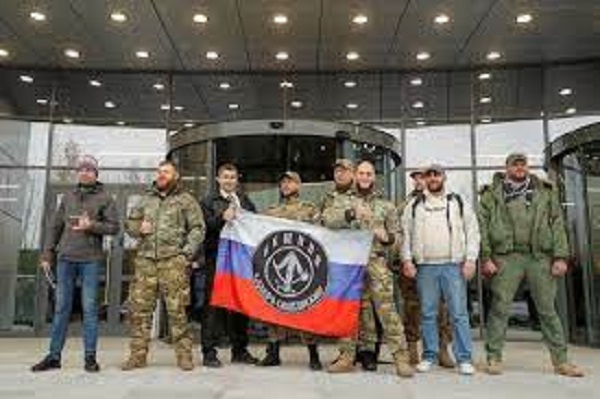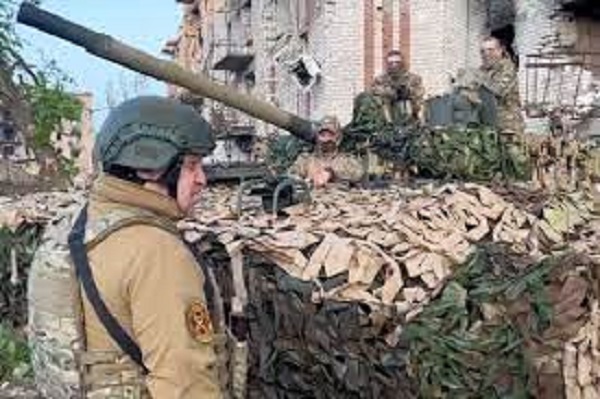- Introduction:
- The Wagner Group: A Mysterious Private Military Company
- The Influence of Yevgeny Prigozhin
- Wagner Group’s Involvement in Global Conflicts
- Controversies Surrounding the Wagner Group

Introduction
In recent years, the Wagner Group has gained significant attention for its involvement in various conflicts worldwide. This private military company, shrouded in mystery, has raised concerns among governments and international observers. At the center of the group’s operations stands Yevgeny Prigozhin, a prominent Russian businessman with alleged ties to the Kremlin. This article delves into the rise of the Wagner Group and explores its connection to Prigozhin.
The Wagner Group: A Mysterious Private Military Company
The Wagner Group, often referred to as a private military company, has gained notoriety due to its involvement in conflicts such as Syria, Ukraine, and Libya. Established as a paramilitary organization, its true nature and structure remain enigmatic. Many believe that it operates as a mercenary outfit, providing armed personnel and military support to further Russia’s strategic interests covertly.
The Influence of Yevgeny Prigozhin
Yevgeny Prigozhin, a Russian oligarch and businessman, has emerged as a central figure in the Wagner Group’s operations. Known as “Putin’s Chef,” Prigozhin has close ties to the Russian President Vladimir Putin. He has been implicated in various ventures, including catering services for the Kremlin and reportedly funding the Internet Research Agency, an entity accused of meddling in foreign elections.
Prigozhin’s alleged association with the Wagner Group has raised concerns about the group’s objectives and its ties to the Russian government. While the Kremlin denies any official connection to the Wagner Group, the presence of Prigozhin suggests a deeper involvement and potential coordination.
Wagner Group’s Involvement in Global Conflicts
The Wagner Group has been linked to numerous conflicts around the world, primarily serving Russian interests. In Syria, the group has played a significant role in supporting the Assad regime, providing military personnel and conducting combat operations. Its involvement in Ukraine has also been documented, with reports of Wagner mercenaries fighting alongside separatist forces in the Donbass region.
Furthermore, the group’s activities extend beyond the Middle East and Eastern Europe. Wagner operatives have reportedly been present in Africa, particularly in countries like Sudan and the Central African Republic, where they have supported local governments or pursued Russia’s strategic objectives.
Controversies Surrounding the Wagner Group
The Wagner Group’s operations have faced considerable controversy and criticism. Due to its alleged affiliation with Prigozhin and by extension, the Russian government, the group’s actions are often viewed as part of a broader Russian geopolitical strategy. This perception has led to accusations of human rights abuses, violations of international law, and destabilization efforts in conflict-ridden regions.
The lack of transparency surrounding the Wagner Group contributes to the concerns and skepticism. The group operates with little official acknowledgment or accountability, making it difficult to ascertain the full extent of its activities and the motives behind them. Its mercenary nature raises questions about accountability and adherence to international norms.
Conclusion
The rise of the Wagner Group and its connection to Yevgeny Prigozhin underscores the complex and evolving nature of modern warfare. As a mysterious private military company, the Wagner Group operates in various global conflicts, allegedly supporting







